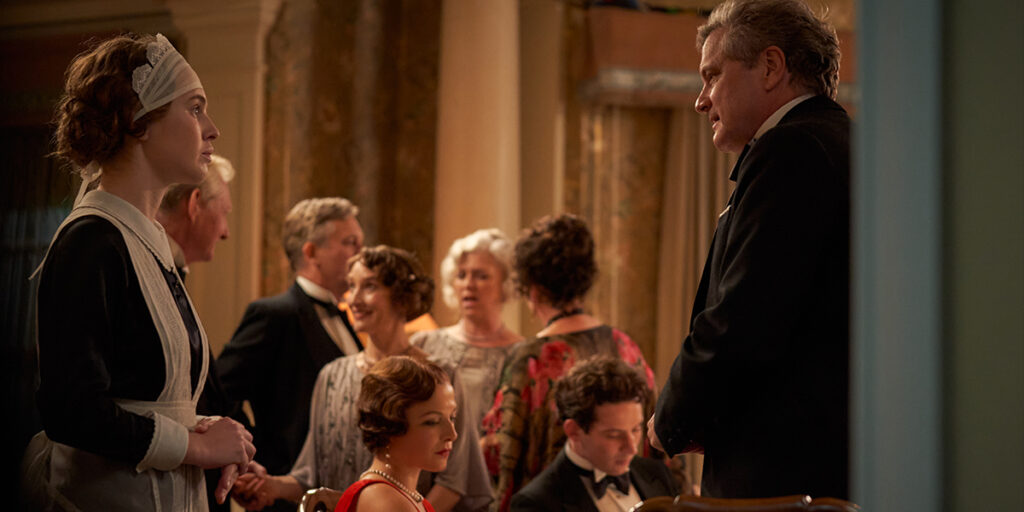TIFF Review: Silent Land
Written by Ian Thomas Malone, Posted in Blog, Movie Reviews, Pop Culture
Foreign travel is supposed to open one’s mind, and potentially heart, to new experiences and empathy for people of different cultures. Going abroad can certainly be scary when faced with trouble from local law enforcement, often operating under different investigative protocols. In general, one is supposed to feel bad when a stranger dies in a swimming pool barely fifty feet away.
Aga Woszczyńska’s Silent Land (original title Cicha Ziemia) follows a couple, Adam (Dobromir Dymecki) and Anna (Agniezska Žulewska), with some pretty rotten vacation luck. Staying at an Italian villa overlooking the ocean, the advertised pool is found empty. After prodding the owner to begrudgingly fill the pool, the maintenance man is found floating lifelessly inside, the couple blissfully ignorant nearby. Indifferent toward the plight of the deceased worker, the couple finds themselves increasingly agitated by the local police.
Throughout the narrative of her feature debut, Woszczyńska finds herself mostly concerned with the nature of empathy. The couple feels no remorse for the plight of the man, largely instead concerned with their own terrible fortunes. Woszczyńska has a knack for dramatic tension, lining up the audience’s sympathies for the tourists handed a raw deal abroad.
The trouble is, her protagonists are pretty insufferable people. Adam is particularly tiresome, his moods ranging from sullen to bothered. Dymecki and Žulewska have no chemistry as a couple. Whether that dynamic was intentional or not feels doesn’t really matter, as their obvious lack of compatibility is a major detriment to the narrative and its insufferable 113-minute runtime.
The real bummer with Woszczyńska’s film is that she does put forth some compelling questions about the nature of empathy, at least initially. She just doesn’t seem all that interested in exploring this as time goes on, spending much of the film’s second half on the nature of the couple’s relationship. Having not put in the work to sell either character, it becomes increasingly challenging to muster up any empathy for them. They seem like pretty terrible people, but not in a way that’s remotely entertaining to watch.
Painfully long, Silent Land squanders an interesting premise with a directionless narrative centered on insufferable people. In an abstract sense, one can relate to a couple merely wanting to enjoy a nice swim on their vacation. It’s another thing entirely to spend a duration of time with people so utterly detestable, instead filling you with the sense that karma served its justice to an odious pair of individuals.




















